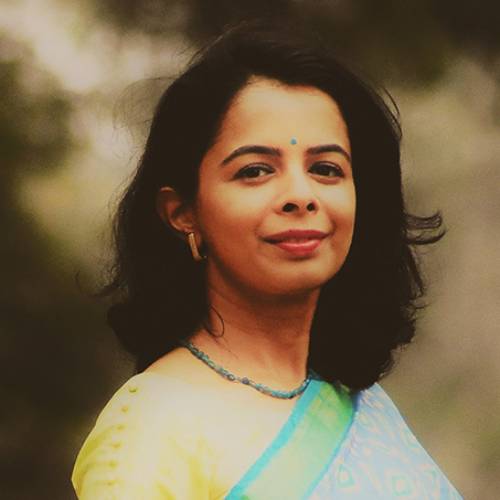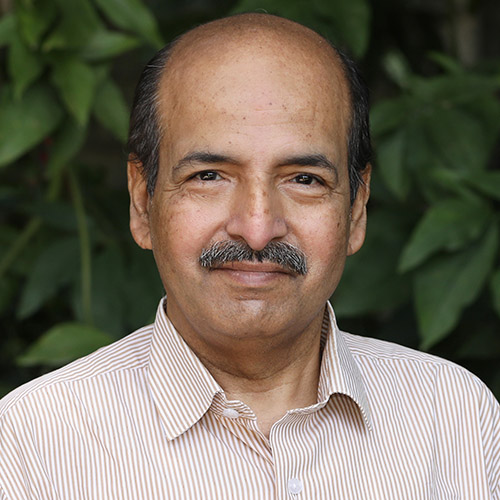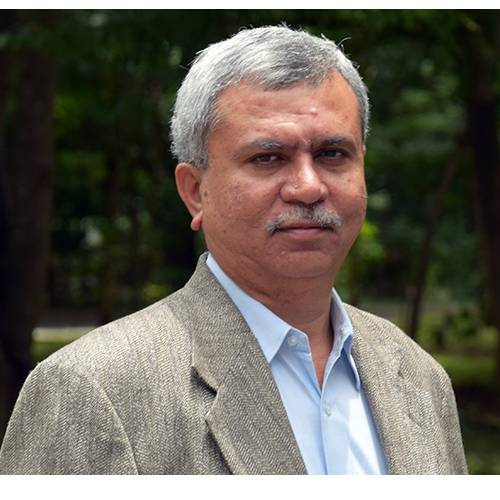
Dr. Deepti Ganapathy discusses her newly published book at Mason University
Titled, ‘Media and Climate Change: Making Sense of Press Narratives’, the book looks at the media’s coverage of Climate Change and investigates its role in representing the complex realities of climate uncertainties and its effects on communities and the environment
Dr. Deepti Ganapathy of the Management Communication area of IIM Bangalore, spoke to an audience consisting of faculty members, PhD scholars, and policy analysts at the Center for Climate Change Communication, George Mason University, USA, about her newly published book titled, ‘Media and Climate Change: Making Sense of Press Narratives’, on January 12, 2022.
The book, published by Routledge, UK, looks at the media’s coverage of Climate Change and investigates its role in representing the complex realities of climate uncertainties and its effects on communities and the environment. Home to around 50 million people, the Western Ghats consist of 4,156 villages across six states, running north to south over a distance of approximately 932 miles, with peaks ranging from 1,030 to 2,695 meters above sea level, and rainfall ranging from 80 to 320 centimetres on an average. They are the source of major river systems, including the Cauvery, Krishna, Godavari, Palar and Pennar basins. According to documented reports, the Western Ghats cover barely 5% of India’s forest area but are home to 1,800 species endemic to the region, and consists of 27% of all the species of higher plants recorded in the Indian region. They are also a hub of economic activity – where mini hydel power projects, tourism and many industries thrive. The Western Ghats were declared a World Heritage Site by UNESCO in 2012. This tag brought along with it a myriad of restrictions on industries in the region. Why the Western Ghats are a macrocosm of Climate Change complexities is precisely what this book unearths, as it delves into a five-year analysis of the coverage of media reporting on Climate Change, in the period between 2012 and 2017.
Notable amongst the audience was David Hales, who serves as Trustee of the Parliament of the World’s Religions, and as Chair of Climate Action for the Parliament, Chair of the Board of Trustees of Future Generations University, and on the Steering Committee of the Renewable Energy Network for the 21st Century (REN21) which promotes renewable energy around the world. He shared that he had a special interest in the book written by Prof. Ganapathy on the World Heritage Sites in India, as he was the first American to serve as Chair of the World Heritage Convention and presided over the first inscriptions on the honor roll of World Heritage sites.
As a diplomat, David Hales has represented the United States in numerous intergovernmental negotiations and has frequently been called upon to serve as Chair or moderator of international conferences, including the Washington and Bonn International Conferences on Renewable Energy, the Hague Conference on Energy for Development and the Ministerial Meetings of the UN Economic and Social Council.
Prof. Jagadish Shukla from MIT, Prof. Dale Rothman from Mason University, scholars from Yale, Mason and other affiliated universities were also present. Thanking Prof. Ganapathy for her fascinating and multi-faceted talk was Dr. John Kotcher, faculty at Mason University, who moderated the one-hour program.






